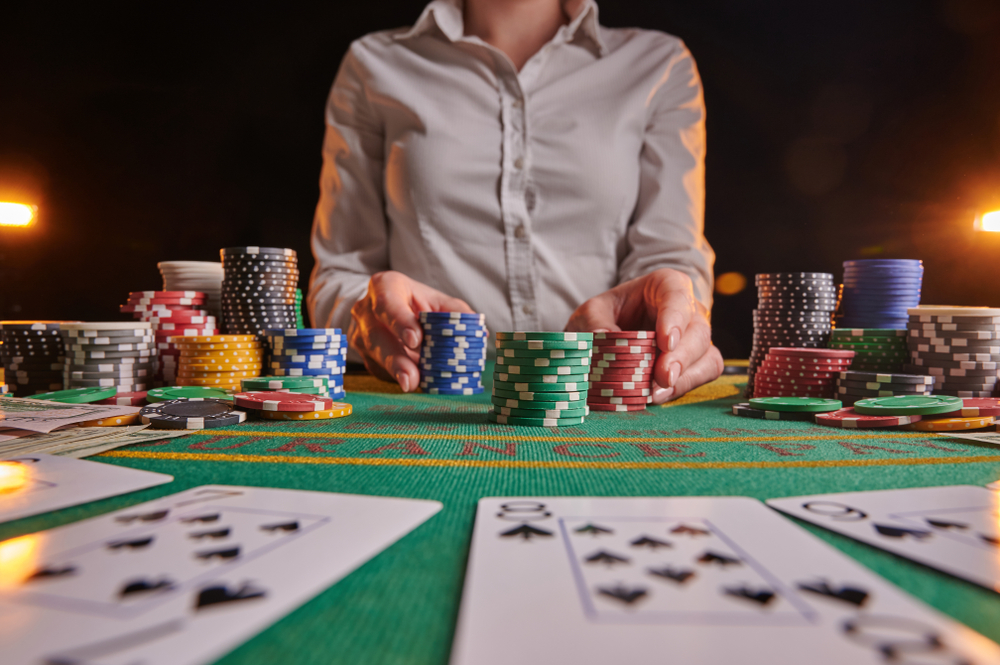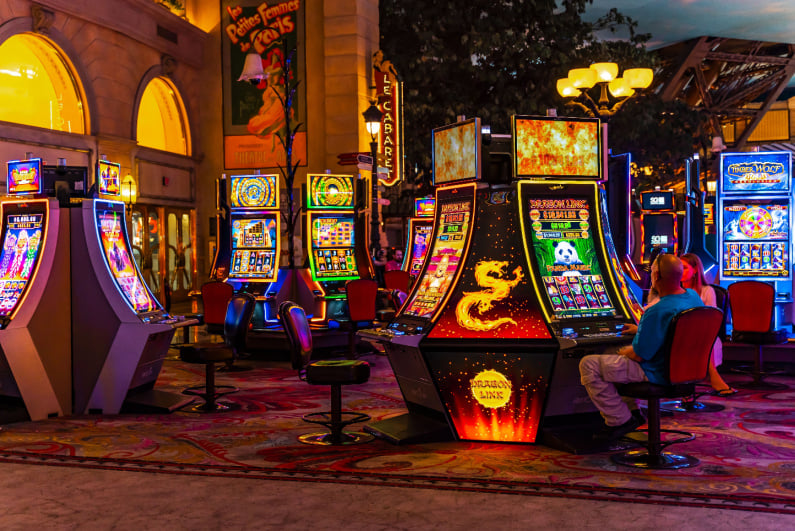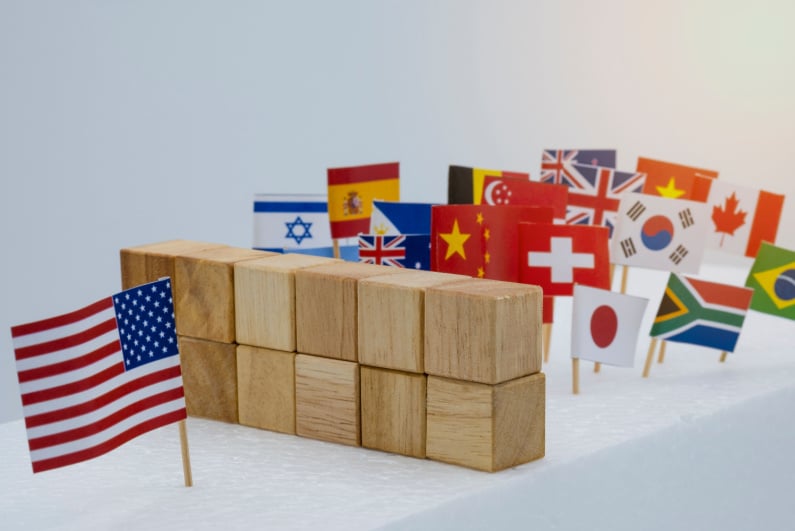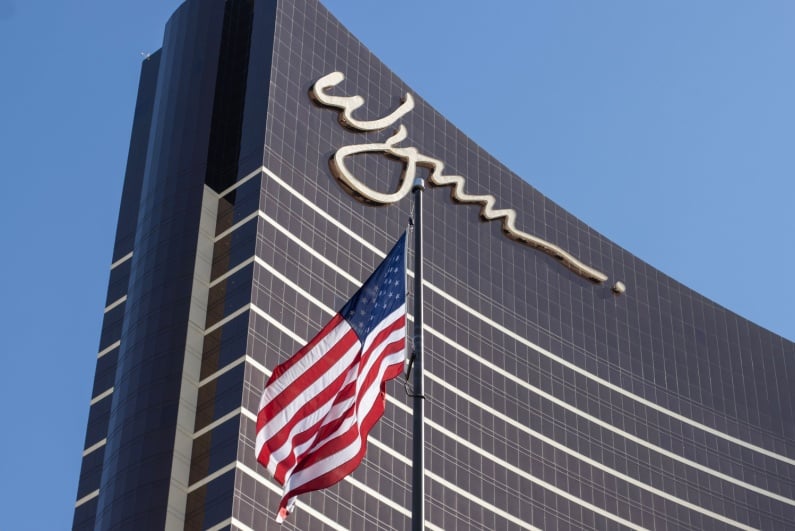Getting back to normality
After casinos in Macau shut down for 15 days in February in an effort to curtail the coronavirus pandemic, table game capacity on the island is now up to about 80%.
However, there is still a long way to go for casinos to get back to where they were before the COVID-19 virus struck the island. The government has now cut its 2020 gross gaming revenue forecast by half in view of the mass disruption caused.
still a long way to go for casinos to get back to where they were before the COVID-19 virus
Macau lawmakers released a budget request in an attempt to plan ahead for the remainder of the year. The initial $35.2bn estimate for 2020 gaming revenue has been revised to $16.3bn. While government projections tend to be conservative, if the $16.3bn forecast is correct, it would indicate a 55% drop in comparison to last year’s figures.
Increase in table game players
In February, Macau casinos saw declines in revenues of 88% due to the mandatory closures. However, with most of the gambling facilities now back up and running, the number of patrons playing table games has been increasing since the start of March.
about 5,400 operational gaming tables, representing about 80% of the total tables
Only a few of the island’s casinos remain closed, with 37 having since reopened their doors. In total, there are about 5,400 operational gaming tables, representing about 80% of the total tables in the region.
Containment successful
Ten confirmed cases of coronavirus led to a 15-day casino shutdown in Macau in February. The mandatory containment measure proved to be a success, with no new coronavirus infections recorded during and after the closures.
Government hoping for recovery
Gambling is the main driver of economy in Macau, so significant declines in revenue will hit the region hard. About 80% of all tax revenue comes from the gaming industry. It is expected that there will be a budget shortfall of $4.87bn.
One of the attempts made by the local government to get people spending again is giving put vouchers worth $375 to citizens. The money can be spent in any establishment on the island. The measure will hopefully see the local economy stimulated once more, but it will cost the government an extra $1.9bn.



